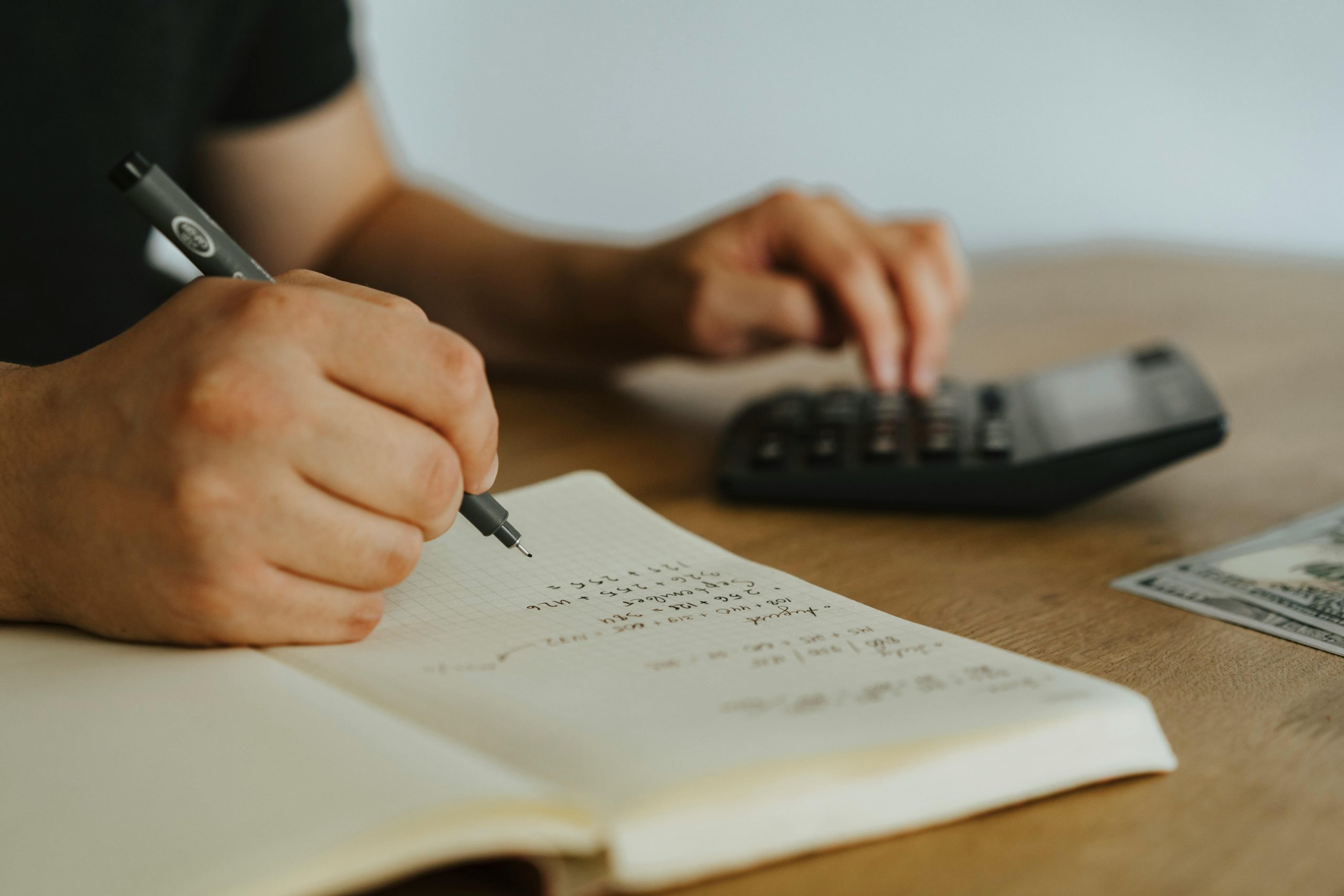Personal Tax Tips
Make Full Use of Your Personal Allowance
Everyone has a tax-free personal allowance of £12,570. If your income falls below this, you might consider increasing your earnings – such as by taking dividends or pension withdrawals – to make full use of it before the tax year ends.
Top Up Your ISA Before the Deadline
Individual Savings Accounts (ISAs) remain among the most tax-efficient ways to save in the UK. The annual limit is currently £20,000, and any interest or capital gains within an ISA are tax-free. If you haven’t used this allowance yet, consider making additional contributions before the 5th of April.
Boost Your Pension Contributions
Pension contributions benefit from tax relief, making them one of the most effective ways to reduce your tax bill. The standard annual allowance is £60,000, but this may be tapered for high earners. You can also carry forward unused allowances from the past three years.
Use Your Capital Gains Tax (CGT) Exemption
If you plan to sell investments or assets, consider spreading disposals across adjoining tax years to use the £3,000 annual CGT exemption.
Transfer Income or Assets Between Spouses
If one partner earns below the personal allowance threshold, transferring assets or income to them can reduce a household’s overall tax bill. The Marriage Allowance also allows couples to transfer up to £1,260 of unused allowance, saving up to £252 in tax.
Take Advantage of Tax-Free Gifting
You can gift up to £3,000 each tax year without affecting inheritance tax. If you didn’t use last year’s exemption, you can carry it forward, allowing you to give up to £6,000 tax-free this tax year.
Make Gift Aid Donations
If you donate to charity using Gift Aid, higher-rate taxpayers can claim additional tax relief via self-assessment. Donations before the 5th of April ensure the relief applies to this tax year.
Business Tax Tips
Optimise Director Salary & Dividends
Company directors can balance salary and dividends to optimise tax efficiency. A salary up to the National Insurance threshold (£12,570) maintains entitlement to state benefits while keeping tax exposure low. However, the current dividend allowance is just £500, so careful planning is essential.
Claim the Use of Home as an Office
If you work from home, you can claim a flat rate of £312 per year in tax-free expenses. It’s a straightforward way to reduce your tax bill.
Make the Most of the Annual Investment Allowance
Businesses investing in equipment, machinery, or IT, your company can claim 100% tax relief under the Annual Investment Allowance (AIA), up to £1 million. Making qualifying purchases before the 5th of April can reduce taxable profits.
Utilise Full Expensing for Capital Investments
Limited companies can deduct the full cost of new plant and machinery from taxable profits under the ‘full expensing’ scheme. This benefit applies only to new assets but offers significant tax savings.
Bring Forward Business Expenses
If you anticipate lower profits next year, consider accelerating expenses – such as marketing, professional fees, or office equipment – to reduce this year’s tax bill.
Make Tax-Efficient Pension Contributions via Your Business
Employer pension contributions are tax-deductible, reducing Corporation Tax while benefiting your retirement savings. If your business has surplus profits, making pension contributions before the tax year-end can be a smart move.
Review VAT Efficiency
If your business is VAT-registered, ensure you’re reclaiming all eligible VAT expenses. The Flat Rate Scheme and other VAT efficiencies could also be worth considering.
Use Tax-Free Employee Benefits
Employers can give tax-free ‘trivial benefits’ worth up to £50 per employee per occasion (up to £300 annually for directors). Additionally, staff parties costing up to £150 per person can be claimed tax-free.
